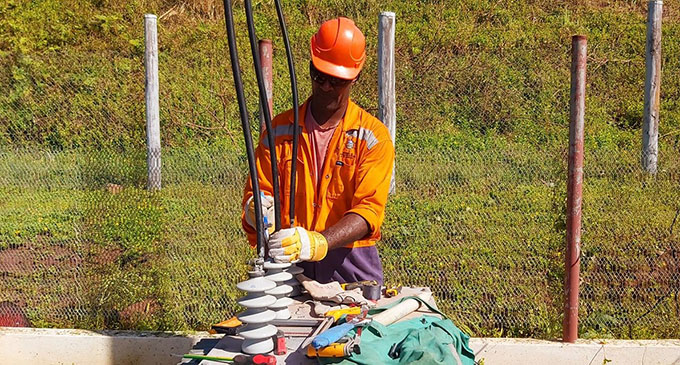By Netani Rika
With Fiji caught in the darkness of a descending cloud of COVID-19, its government has pushed through the sale of a large portion of the national energy company to a Japanese consortium.
In its initial announcement, the government said it had sold 44% of Energy Fiji to Chugoku Electric Power Company. That stake was made up of shares held by the government (24%) and the Fiji National Provident Fund’s 20% share.
On June 3 of this year, Attorney General and Minister for the Economy, Aiyaz Sayed . . .
Please Subscribe to view full content...
